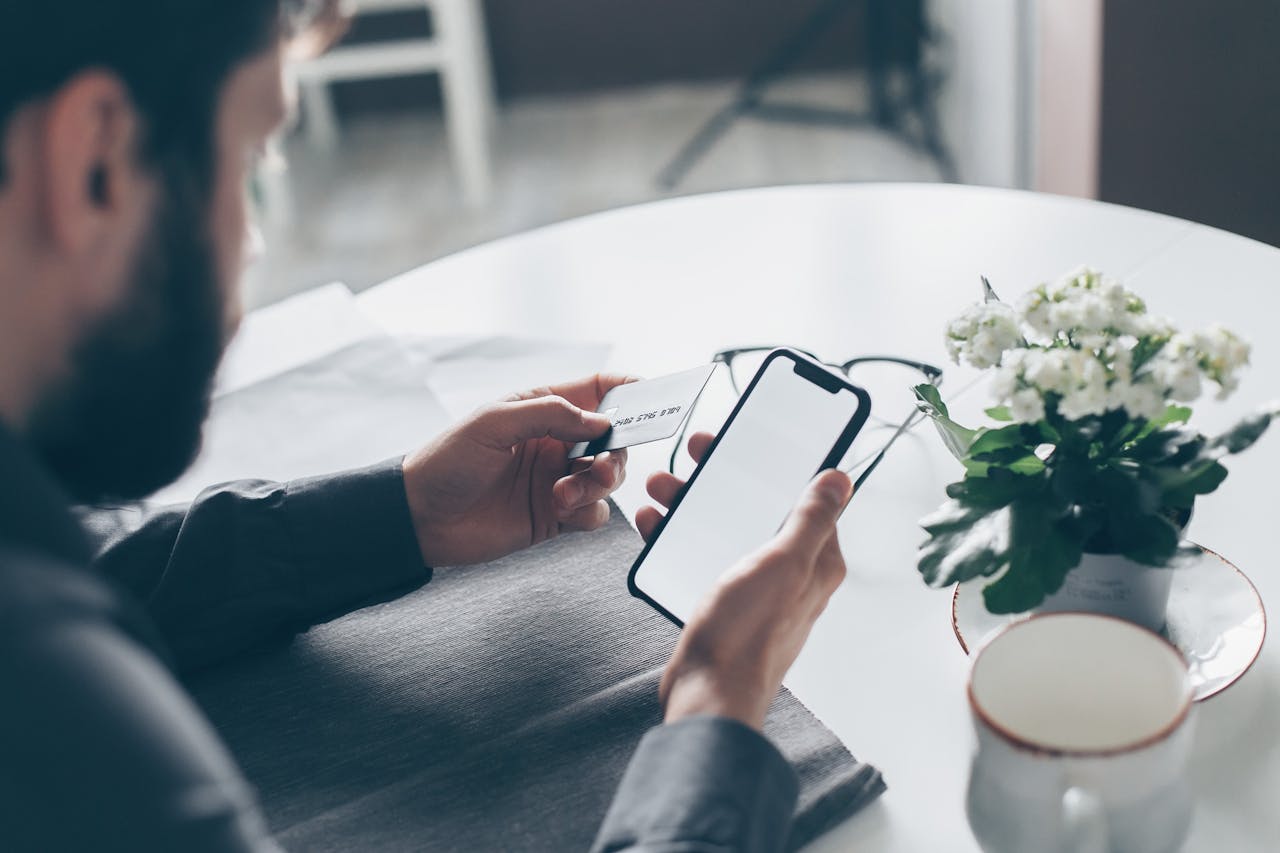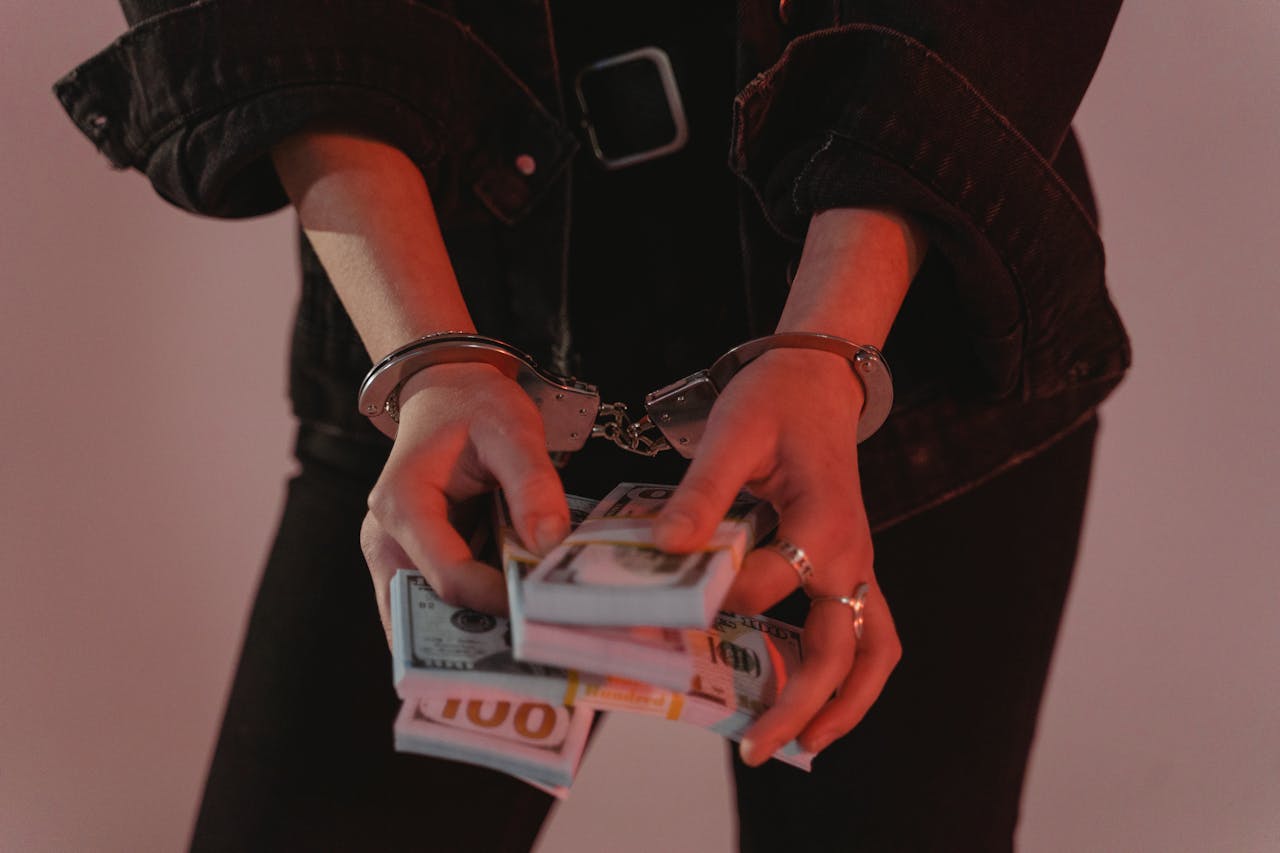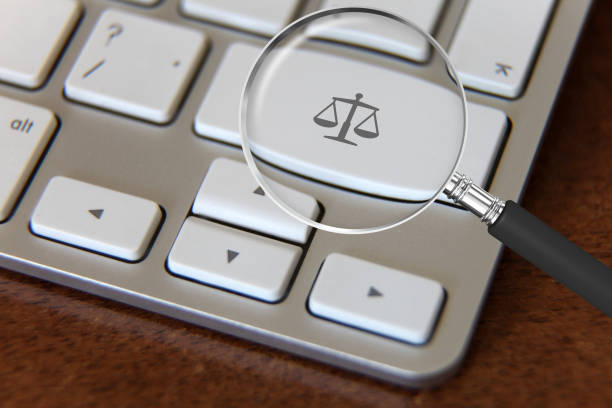what to do if someone is blackmailing you with photos
The discovery that someone is blackmailing you with intimate or sensitive photos is terrifying. Your heart pounds, panic sets in, and confusion overwhelms you. But you’re not alone—and there is a clear path forward. This guide walks you through exactly what to do if someone is blackmailing you with photos, with actionable legal, digital, and emotional strategies.
Stay Calm, But Act Fast
When blackmail begins, time is critical. Don’t respond impulsively to threats. Preserve all communications — messages, emails, phone logs. Document the date, time, and what was demanded:
- Demands may include money, sexual favors, accounts access, or social media removal.
- List every detail under “what is blackmail with photos.”

Preserve Evidence and Digital Footprints
Legal action depends on concrete evidence. Save:
- Screenshots and original messages.
- Photo metadata (date, time, EXIF info).
- All threats: via SMS, chat apps, email, voice or video notes.
- IP addresses, contact info, usernames, social media IDs.
Back up everything securely — on cloud storage and encrypted USB. Having strong digital evidence helps both police and lawyers.
If you're being blackmailed, time matters. Nayku for Legal helps you understand your rights and take immediate action.
Stop Further Exposure
Prevent the blackmailer from gaining more control:
- Change passwords for email, social media, banking, and wherever the photos might be.
- Enable two-factor authentication (2FA).
- Check privacy settings: limit who can tag, message, or view your photos across platforms.
If the blackmailer has already posted images, file an urgent takedown request — most platforms have a non-consensual image remove policy. Use phrases like “report non-consensual intimate imagery” or “image-based abuse.”
Seek Legal Advice Immediately
Blackmail is a serious crime in many jurisdictions:
- Contact a lawyer experienced in cyber crimes, privacy rights, or harassment.
- Learn about laws in your region: extortion, revenge porn, online privacy breaches.
- A legal professional can get digital warrants, subpoenas, or police action.
In some regions, there are dedicated cybercrime units that specialize in photo blackmail cases.
Dealing with online threats is scary — but you’re not alone. Nayku for Legal connects you with tools and guidance to fight back legally.

Report to Authorities
File a complaint with the police or cybercrime unit. Bring your evidence:
- Show the initial demand, threats, and all correspondence.
- Share metadata, IP logs, screenshots.
Fast reporting boosts chances of identifying perpetrators, possibly via law enforcement collaboration with platforms or ISPs.
Engage Online Platforms and Services
Social media and hosting platforms have image abuse policies:
- Report the post/email/profile and request it be removed.
- Services like Google, Facebook, Instagram, Twitter, Reddit all provide non-consensual photo takedown services.
- Use phrases like “blackmail images removal” or “non-consensual photo removal.”
Many takedowns take 48–72 hours. Follow up if needed.
Blackmail is a serious crime. Nayku for Legal helps you navigate the legal steps to protect yourself safely and confidently.

Protect Yourself Emotionally
Blackmail can cause intense fear, guilt, shame, anxiety, or depression. You don’t have to cope alone:
- Talk with trusted friends or family; you don’t have to face this in silence.
- Consider professional help: therapist, counselor, or psychologist.
- Connect with online support groups for like-minded survivors of photo harassment.
Self-care matters: prioritize sleep, nutrition, and routine to maintain resilience.
Consider Civil Action
Beyond criminal prosecution, you may pursue civil remedies:
- Sue for online defamation, emotional distress, or invasion of privacy.
- Demand compensation for financial damage or therapy expenses.
- Get a restraining order or protection order if in-person threats exist.
Your lawyer will guide you on applicable legal actions based on jurisdiction.

Prepare a Communication Plan
You may need to explain the situation to family, employer, or education institution:
- Keep a calm, factual statement ready, without oversharing.
- If reputational or professional risk is high, ask your lawyer for guidance.
- Small, measured communication is better than silence or over-sharing.
Don’t wait in silence. Nayku for Legal offers clear, fast advice to help you report and respond to blackmail the right way.
Learn and Prevent Future Risk
Once the immediate crisis subsides, adopt stronger safeguards:
- Avoid sending intimate photos, screenshots, personal info—especially through apps.
- Investigate privacy-focused platforms or disappearing message tools.
- Regularly audit privacy settings, online backups, and access logs.
Education and vigilance help prevent repeat harm.

Final Thoughts
Blackmail with photos is shocking and emotionally paralyzing, but remember: it’s not your fault, and help is available. By acting fast—preserving evidence, involving authorities, seeking legal and emotional support—you can regain control. No one deserves to be extorted for private images. You deserve justice, safety, and healing.
Worried about who to turn to? Nayku for Legal gives you access to trusted legal support when facing threats or harassment.
Related Articles

Find Best Online Lawyers in Bhopal Near Me
Find the best online lawyers in Bhopal near you for instant legal consultation, expert guidance, and...
Read More
Experienced Lawyers Online Legal Consultations In Bhopal
Connect with experienced lawyers in Bhopal for online legal consultations. Get reliable advice and s...
Read More
Get Professional Advice From Best Lawyers in Bhopal
Find top-rated lawyers in Bhopal offering expert legal advice. Get solutions for family, property, b...
Read More
